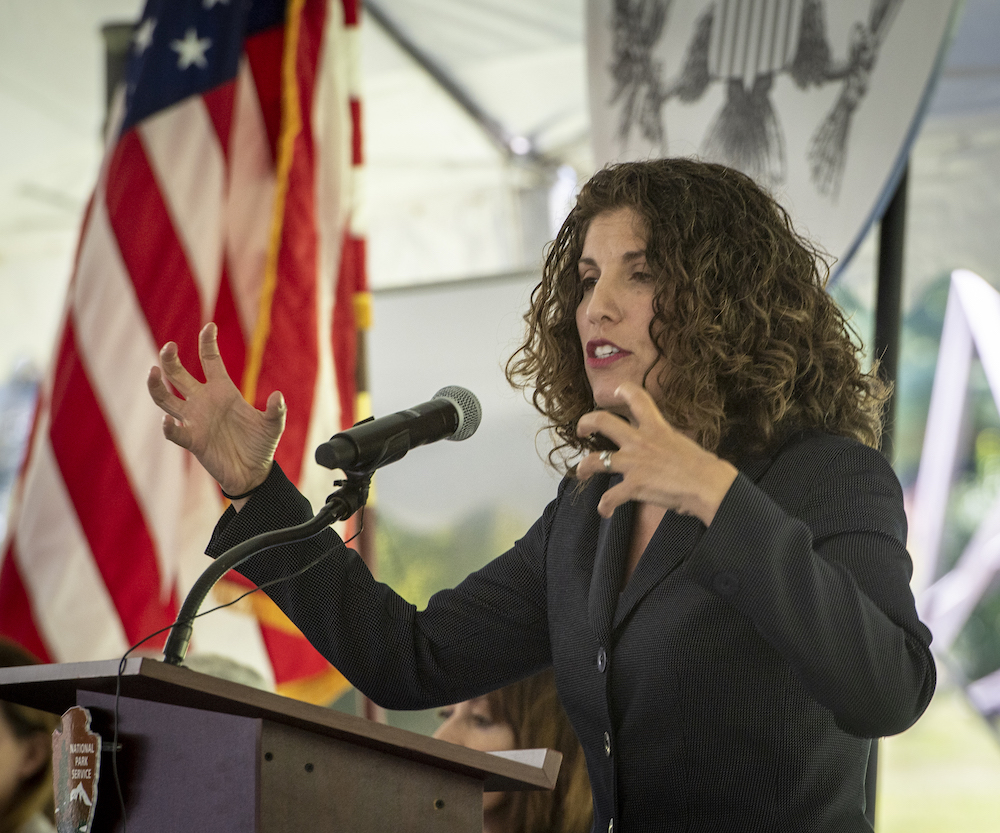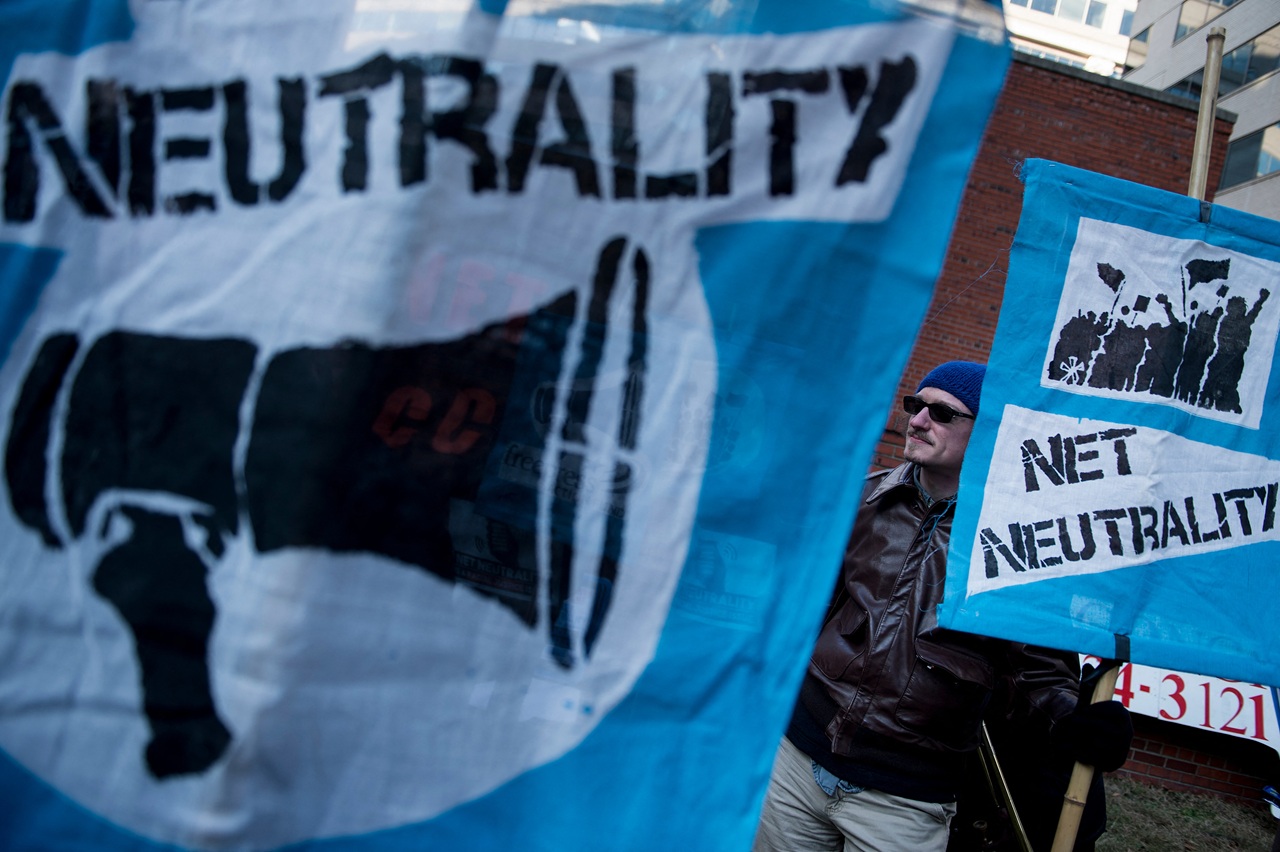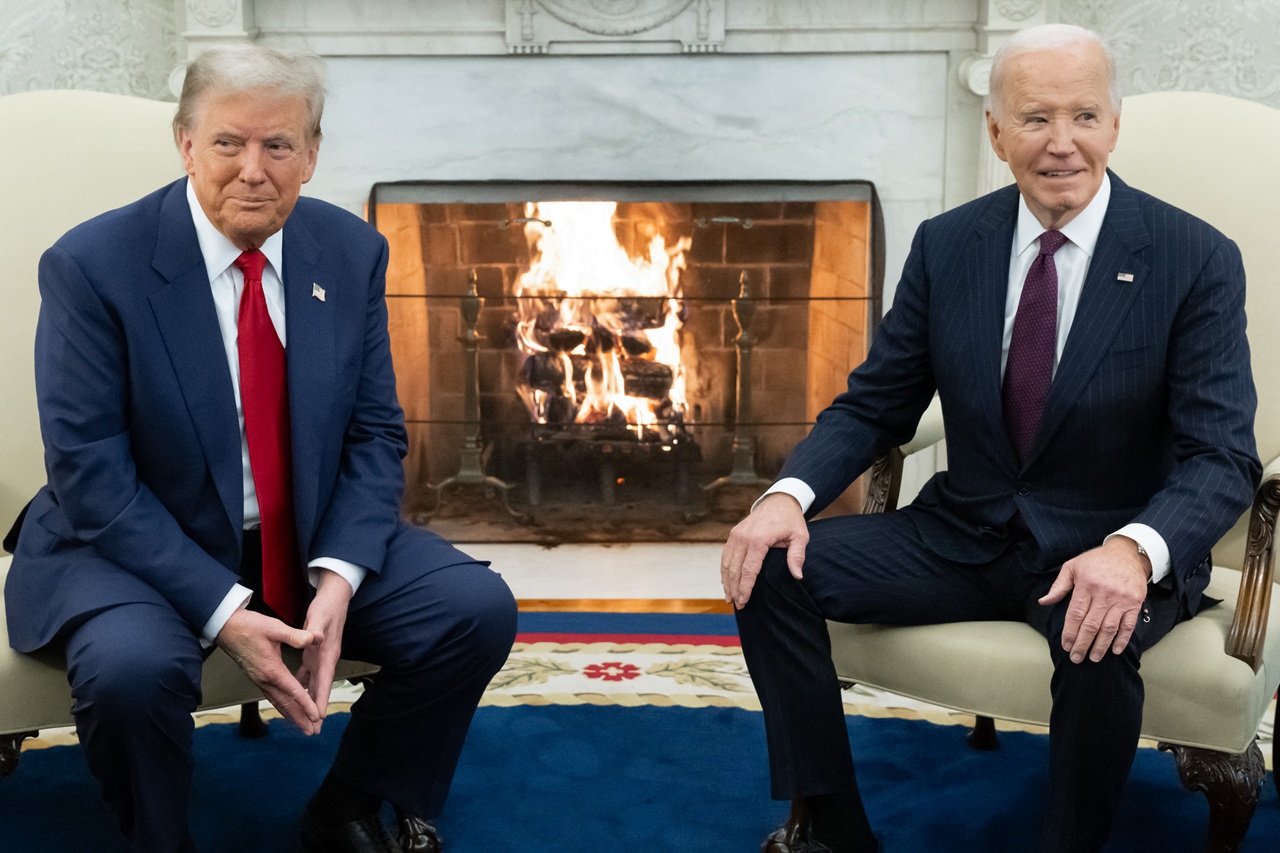
The case for Myrna Pérez’s confirmation as a federal judge gains steam
As nominations for several key positions in federal courts continued to roll in from the Biden administration, many Latino organizations and activists pushed hard for Myrna Pérez, a voting rights expert, to be one of them.
On June 15, President Joe Biden announced Pérez as his nomination for the 2nd circuit court of appeals, which serves New York, Connecticut and Vermont.
Perez is the former director of voting rights and elections programs at New York University’s Brennan Center for Justice, which has been critical of voter ID laws and other measures that restrict voting.
Although not yet confirmed, if the process goes smoothly, she will become the first Latina on the bench of the federal appeals court since Sonia Sotomayor was appointed and confirmed to the U.S. Supreme Court.
Many Latino groups such as LatinoJustice PRLDEF, an organization that works to create more equitable and accessible justice through advocacy, have supported Pérez in her push to be confirmed.
In a statement made by Thomas Saenz, president and general counsel of Mexican American Legal Defense and Educational Fund (MALDEF), he welcomed Pérez as a nomination and said he believes she would be a great addition to the federal appeals court, but is not the only one.
“MALDEF has a long working relationship with Pérez, and we know that she will be an extraordinary judge who will serve with wisdom, intellect, and compassion,” Saenz said. “With her nomination as the second Latino to a court of appeals, President Biden has doubled the number of Latino/a nominees to courts of appeal ever made by Donald Trump.”
CONTENIDO RELACIONADO
Trump’s tenure was marked by a notable lack of diversity within the federal courts, which has been recognized by Biden. The Biden administration has made an effort to increase diversity within the courts, and announced in late March the intent to nominate more BIPOC judges.
“This group also includes groundbreaking nominees, including three African American women chosen for Circuit Court vacancies,” said Biden in a press release. “As well as candidates who, if confirmed, would be the first Muslim-American federal judge in U.S. history, the first AAPI woman to ever serve on the U.S. District Court for the District of D.C., and the first woman of color to ever serve as a federal judge for the District of Maryland.”
However, if Perez is confirmed, Saenz said there is still a need for more Latinx representation in the judiciary courts. It is important that the Latino community is represented, he said, as Latinos continue to become the largest minority community.
“Still, there is clearly more to be done to begin to adequately and equitably include the Latino community, the nation’s largest minority community, in our federal judiciary, '' Saenz said. “As we have noted often, the D.C. Circuit Court of Appeals, the second most influential court in the country, has never in its entire history had a Latino/a judge. Both the Fifth and Tenth Circuits, two of the top four circuits in Latino population proportion, currently have no active Latino/a judges.”
As more Latino advocates and groups continue to push for more representation within the justice system, Saenz pointed to how important it is to call upon senators, as they play a role in continuing to push these nominees through.
“We also call upon all senators who play a role in suggesting court nominees to the White House to recognize their obligation to include the Latino community, especially as Census data confirm the growth and significance of the Latino population in each state,” Saenz said.










DEJE UN COMENTARIO:
¡Únete a la discusión! Deja un comentario.